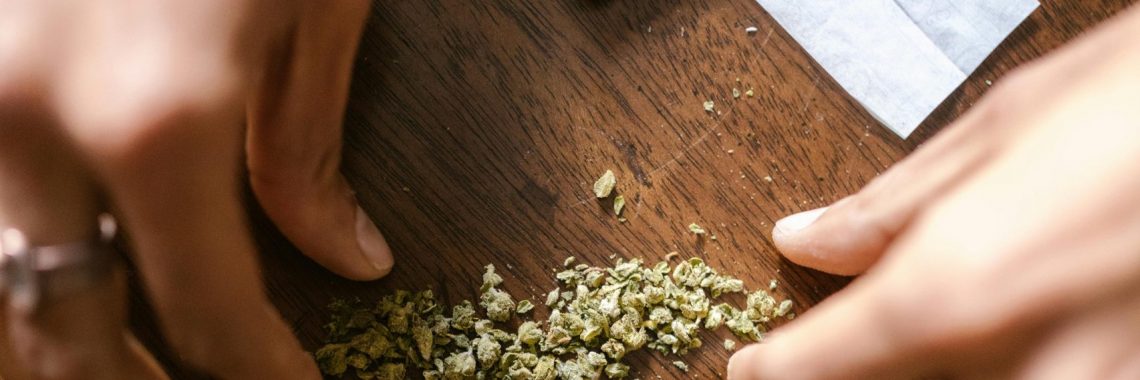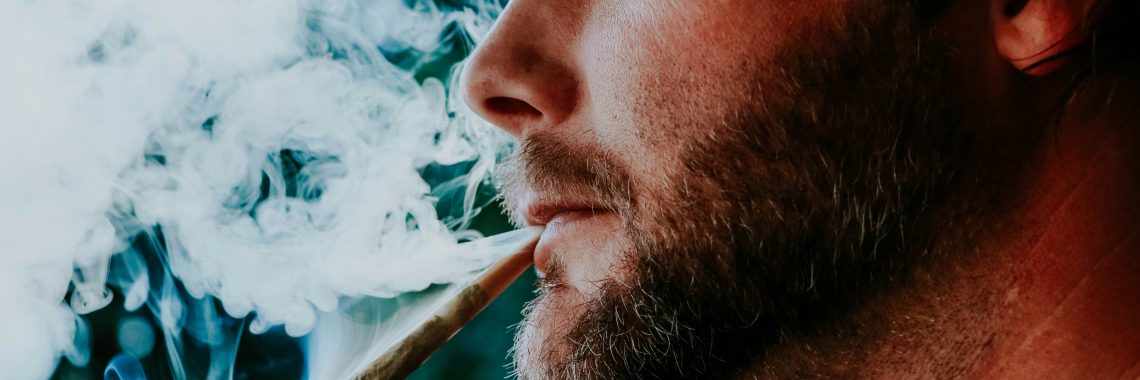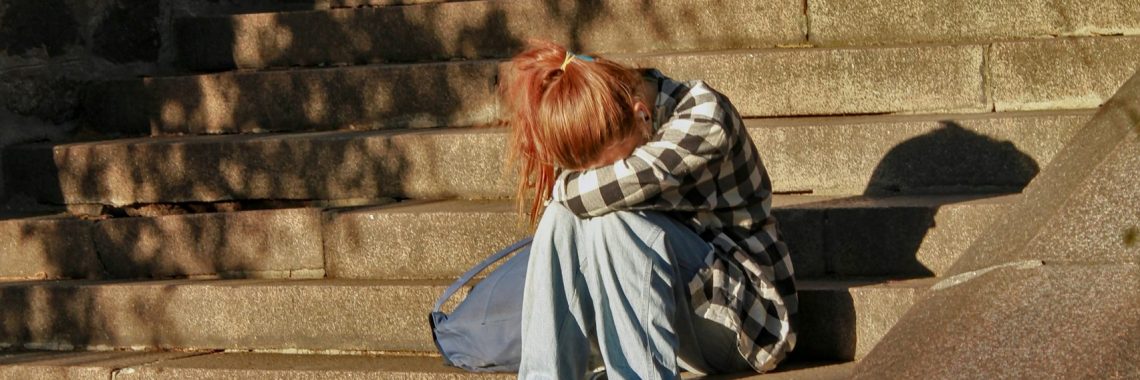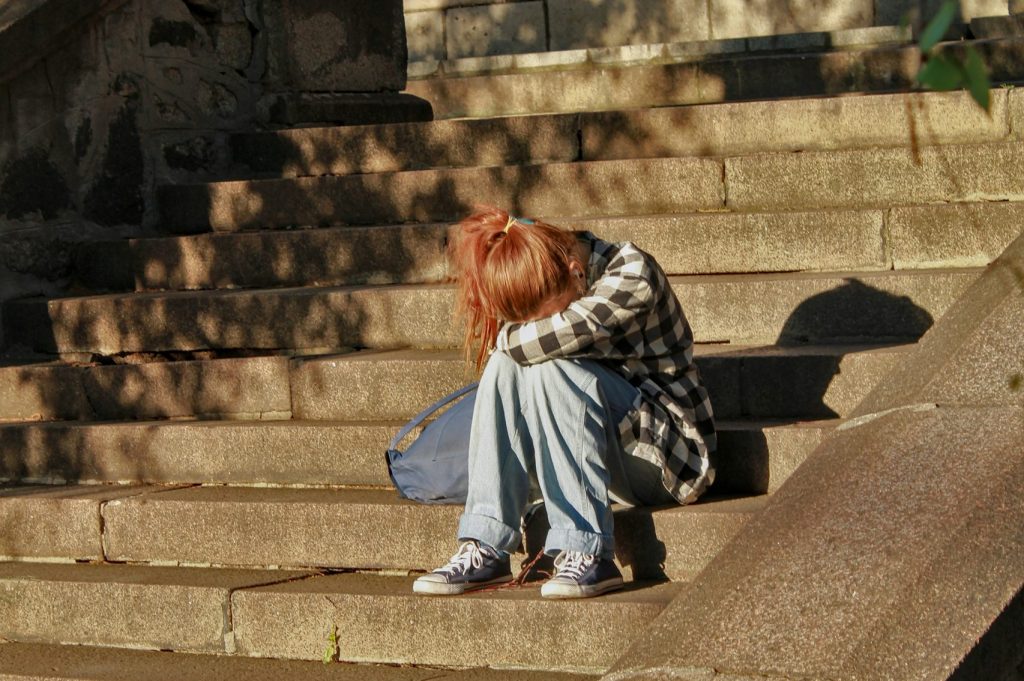What’s in the 2024 Arkansas Marijuana Amendment?
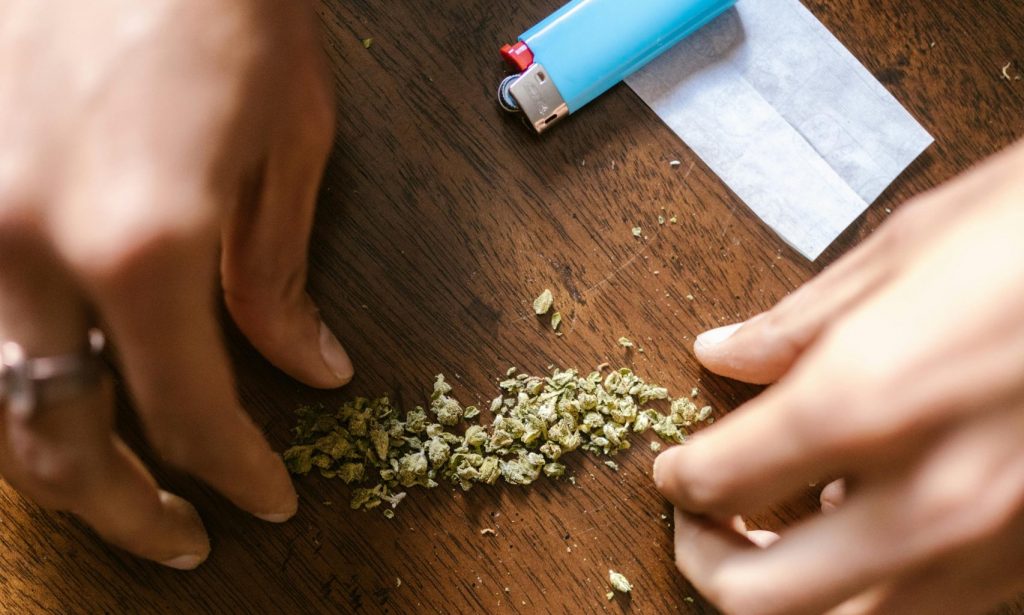
This article is part of an ongoing series tracking the Arkansas Medical Marijuana Amendment of 2024 and examining its possible effects on state law.
An organization in Arkansas is spending hundreds of thousands of dollars to put marijuana on the ballot this year.
If passed, the 2024 marijuana amendment would drastically expand Arkansas’ marijuana laws.
Below are a few examples of changes the amendment would make to marijuana in Arkansas.
Free Marijuana Cards at Taxpayer Expense
Currently, marijuana users pay $50 for a medical marijuana card. This money helps facilitate the marijuana program.
Section 3 of the amendment would eliminate that $50 fee.
The amendment also gives free marijuana cards to immigrants and out-of-state residents who come to Arkansas to use marijuana.
Free marijuana cards likely means taxpayers will bear more financial responsibility for marijuana in Arkansas.
Enabling Recreational Marijuana
Section 3 of the amendment lets people use “medical” marijuana without suffering from one of the specific medical conditions — like cancer or glaucoma — currently listed in state law.
Letting people use marijuana without suffering from a specific medical condition listed in state law arguably would enable recreational marijuana in Arkansas.
A Monopoly for Marijuana Growers and Sellers
Sections 3 and 5 of the amendment would help guarantee marijuana growers and sellers a monopoly over the marijuana industry in Arkansas.
Repealing Restrictions on Marijuana Advertising
Section 3 of the amendment repeals restrictions on marijuana advertising.
Over the years, the State of Arkansas has enacted restrictions to help ensure marijuana advertising doesn’t target children and that advertisements don’t use a cross or other symbols commonly associated with the practice of medicine.
In 2019 the Gov. Hutchinson signed a law requiring marijuana advertisements to include disclaimers about the dangers of marijuana.
The proposed amendment would repeal and replace these restrictions.

